Travel opens your mind, fills your camera roll, and creates memories that last a lifetime. But along with stunning sunsets and amazing local food, tourists often encounter something less pleasant: scammers who’ve turned separating visitors from their money into an art form.
These con artists know exactly how to spot someone who’s not from around there, and they’ve perfected their techniques over years of practice. The good news is that most travel scams follow predictable patterns, and once you know what to look for, you can spot trouble before it finds you.
Here is a list of 17 travel scam red flags that will help you stay one step ahead of anyone trying to take advantage of your vacation spirit.
The ‘Helpful’ Stranger Who Won’t Leave

When someone approaches you out of nowhere offering unsolicited help with directions, luggage, or recommendations, your radar should start beeping. Genuine locals who want to help usually give quick advice and move on with their day.
Scammers, on the other hand, stick around like glue and keep pushing their ‘assistance’ even when you politely decline.
Taxi Drivers Who Don’t Use the Meter

A legitimate taxi driver will either use the meter or quote you a reasonable fixed price upfront. If your driver claims the meter is ‘broken’ or starts driving without discussing the fare, you’re probably about to pay tourist prices.
Some drivers even take scenic routes to jack up the bill, turning a 10-minute ride into a half-hour tour of the city’s back streets.
Like Travel Pug’s content? Follow us on MSN.
ATMs in Sketchy Locations
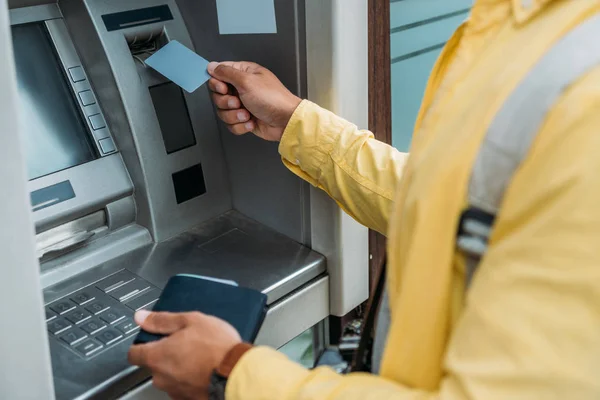
ATMs tucked away in dark alleys, attached to random buildings, or sitting alone without any bank signage nearby are prime targets for card skimmers. Legitimate ATMs are usually located at banks, major hotels, or well-lit shopping areas with security cameras.
If an ATM looks like it was dropped there by accident, find another one.
Free Wi-Fi Networks with Generic Names
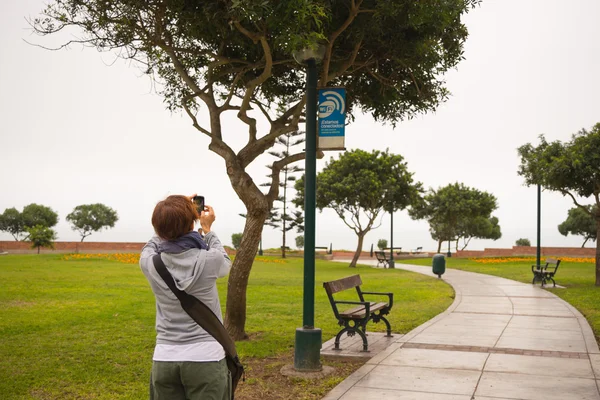
Public Wi-Fi networks called ‘Free Wi-Fi,’ ‘Airport Wi-Fi,’ or ‘Hotel Internet’ without any official branding are often fake networks set up by scammers. Real hotel or airport Wi-Fi usually includes the business name or requires you to get the password from the staff.
Connecting to these bogus networks gives criminals direct access to everything you do online.
Street Performers Who Demand Payment
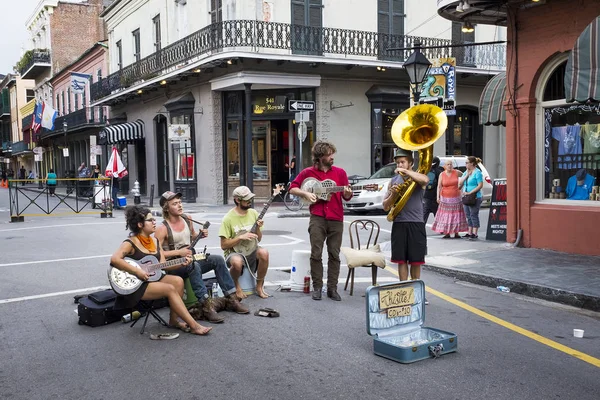
Genuine street performers put out a hat or case for voluntary tips and keep entertaining whether people pay or not. Scam artists disguised as performers will actively engage you, put something in your hands, or take your photo, then aggressively demand payment.
They might even work in teams, with one person distracting you while another attempts to pick your pocket.
Like Travel Pug’s content? Follow us on MSN.
Restaurants Without Visible Prices

Any restaurant that doesn’t display prices on a menu, window, or board is setting you up for sticker shock. Legitimate businesses want customers to know what they’re paying before they order.
Places without posted prices often charge tourists double or triple what locals pay, especially in touristy areas near major attractions.
Officials Asking for Immediate Cash Payments

Real police officers, customs agents, or government officials process fines through official channels, not by collecting cash on the spot. If someone in uniform demands immediate payment for a supposed violation, they’re likely fake officials running a shake-down operation.
Legitimate fines come with paperwork and can usually be paid at government offices or online.
Accommodation Hosts Who Want Wire Transfers

Reputable hotels, hostels, and vacation rentals accept credit cards, PayPal, or other secure payment methods that offer buyer protection. Hosts who insist on wire transfers, Western Union, or cryptocurrency payments are huge red flags.
Once you send money through these methods, it’s gone forever, with no way to get it back if the accommodation doesn’t exist.
Like Travel Pug’s content? Follow us on MSN.
Tour Guides Without Proper Identification
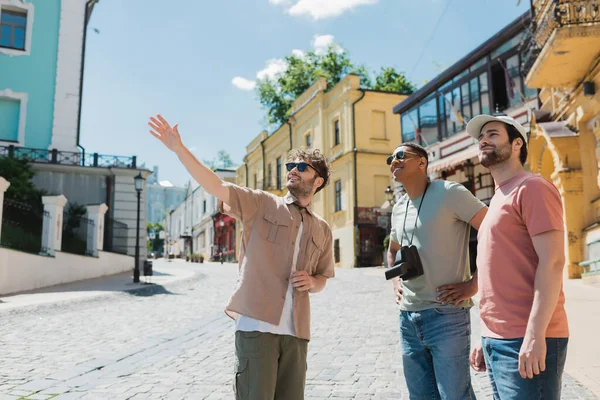
Professional tour guides carry official licenses, badges, or certifications that prove they’re legitimate. Anyone offering guided tours without proper ID or credentials might be running unlicensed operations that could leave you stranded or overcharged.
Real tour companies also have physical offices and verifiable contact information.
Vendors Who Won’t Let You Walk Away
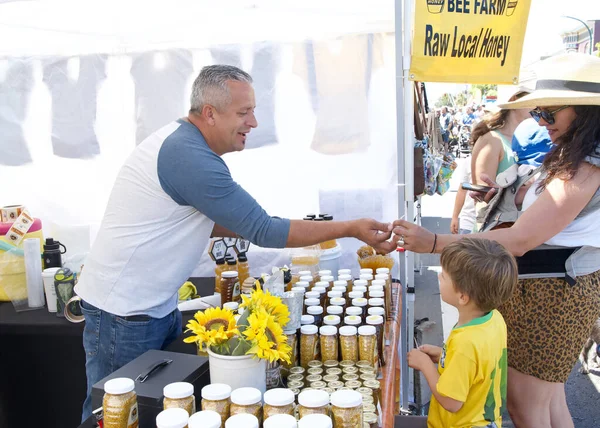
Legitimate merchants let customers browse and leave without pressure, even if they’re disappointed about losing a sale. Scammers use high-pressure tactics, block your path, or grab your arm to prevent you from leaving without buying something.
They create artificial urgency with claims like ‘special price today only’ or ‘last one available.’
Anyone Offering Deals That Sound Too Good

When someone offers you a designer watch for $20, a ‘genuine’ Rolex for $100, or a luxury hotel room for $30 a night, your common sense should kick in. These deals exist to separate tourists from their money, either by selling fake goods or collecting payment for services that don’t exist.
Real bargains are rare, and amazing deals usually have major catches.
Like Travel Pug’s content? Follow us on MSN.
People Who Insist on Speaking Your Language
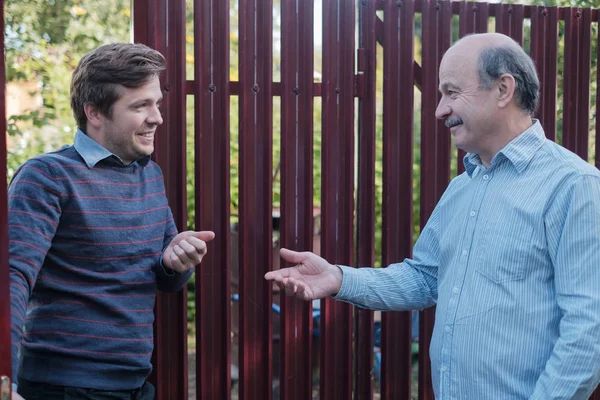
Scammers often approach tourists speaking English, Spanish, or other common languages to build trust and appear helpful. While many locals do speak multiple languages, be wary of anyone who immediately switches to your native tongue and seems overly eager to help.
They might be using language skills to gain your confidence before making their move.
Transportation That Seems Too Convenient

When unofficial taxis, ride shares, or tour buses show up exactly when you need them without being called, proceed with caution. Scammers often lurk around airports, train stations, and tourist areas waiting to swoop in and offer rides to confused-looking visitors.
These unregulated services frequently overcharge or take passengers to commission-paying shops instead of their destinations.
Charity Workers in Tourist Areas

While many charitable organizations do legitimate work, be suspicious of anyone collecting donations in heavily touristed areas, especially if they approach you aggressively or use high-pressure tactics. Real charity workers usually have proper identification, official collection materials, and don’t hassle people who aren’t interested in donating.
Like Travel Pug’s content? Follow us on MSN.
Street Games or “Challenges” Designed to Scam
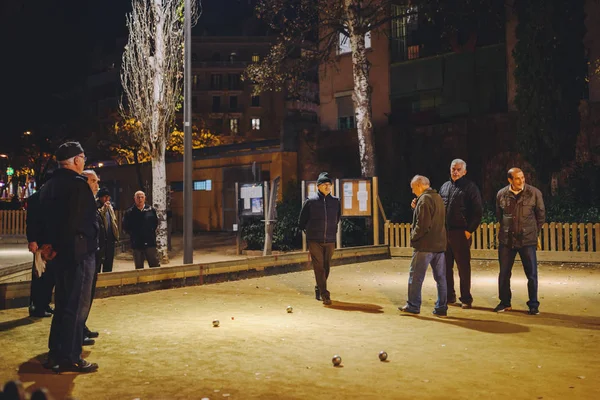
Street games like shell games, card tricks, or ‘find the lady’ are designed to separate tourists from their cash, not provide entertainment. These games are impossible to win because they’re rigged from the start, often with multiple people working together to create the illusion that winning is possible.
Even if you think you’ve figured out the trick, you haven’t.
Hotel Staff Who Seem Too Interested in Your Plans
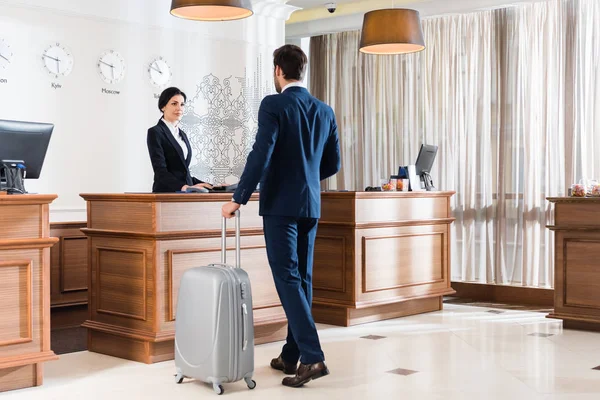
While friendly hotel staff often provide recommendations and help with bookings, be cautious if they push specific restaurants, shops, or tour companies too aggressively. Some corrupt staff members receive commissions from businesses and will steer you toward overpriced or low-quality services.
Get recommendations from multiple sources before making decisions.
Anyone Who Creates Artificial Time Pressure

Scammers love to rush their targets into making quick decisions before common sense can kick in. They’ll claim that special prices expire in minutes, that there are only a few spots left on tours, or that you need to decide right now to avoid missing out. Legitimate businesses give customers time to think, compare options, and make informed choices.
Like Travel Pug’s content? Follow us on MSN.
When Tourist Traps Turn Into Life Lessons

The techniques scammers use today aren’t much different from the ones that worked on travelers decades ago, but technology has made both the scams and the solutions more sophisticated. While con artists now use fake websites and digital payment tricks, modern travelers have smartphones, review apps, and real-time access to information that can help them verify suspicious situations on the spot.
The best defense against travel scams isn’t paranoia but preparation and awareness. Most of your fellow travelers are honest people trying to make a living, and most destinations want tourists to have positive experiences that encourage return visits and good reviews. By recognizing these red flags, you can enjoy your travels with confidence while keeping your money in your own pocket where it belongs.
More from Travel Pug

- 20 Best Beach Towns in the Carolinas
- 13 Destinations Where Tourists Regularly Regret Their Trip
- 20 Things You Actually Get in First Class
- 20 Small Airports With Aviation Museums
- 20 Places in the U.S. That Are Perfect for a Reset Trip
Like Travel Pug’s content? Follow us on MSN.
